
Alstom, Enel X, Metrobus, Mobility ADO and Yucatan State Expose Challenges and Opportunities for the Decarbonization of Public Transport in Mexico
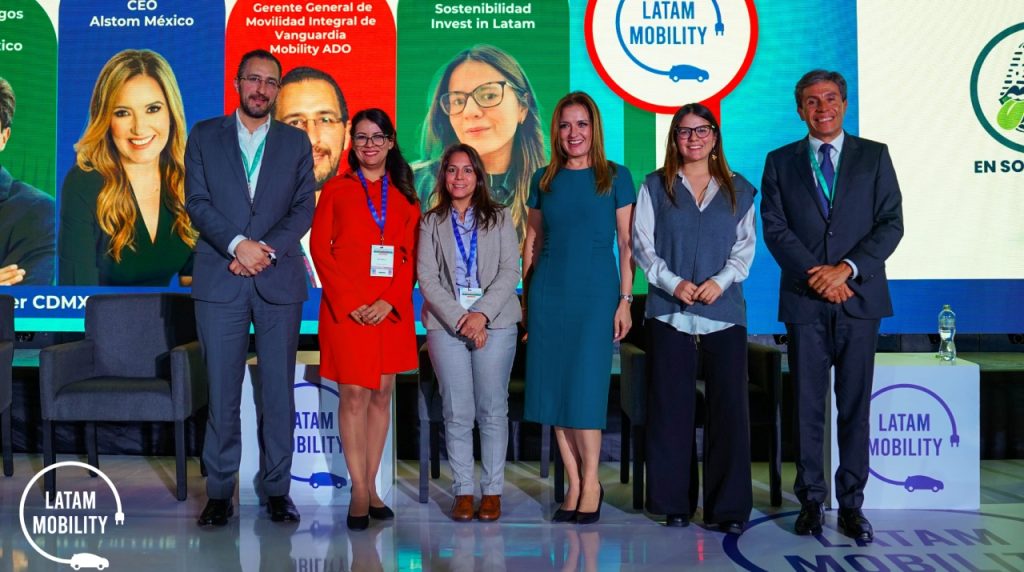
Public transport is vital for the decarbonization of cities, and Mexico has begun to take significant steps toward electrification and reducing emissions in this sector.
Growing concerns about climate change, urban pollution, and the need to improve the quality of life in cities have led Latam Mobility to once again land in Mexico to promote another edition of the Latam Mobility & Net Zero: Mexico 2024.
Thus, at the World Trade Center in Mexico City, a robust two-day debate took place, where one of the topics discussed was the decarbonization of public transport in Mexico.
Moderated by Jessica Ordoñez, sustainability director at Invest in Latam, Rosario Castro, General Director of Metrobús, Rafael Burgos, Head of Enel X Mexico, Maite Ramos, CEO of Alstom Mexico, Santiago Alanís, General Manager of Mobility ADO, and Daniela Flores, Director of Special Projects and Electromobility at the Yucatan Transport Agency, discussed the matter.
Progress
The transition to more sustainable public transport has been one of the main focuses of Mexico’s mobility agenda.
Rosario Castro, General Director of Metrobús, shared in a recent forum that the Mexico City BRT system has already integrated two electric routes into operation.
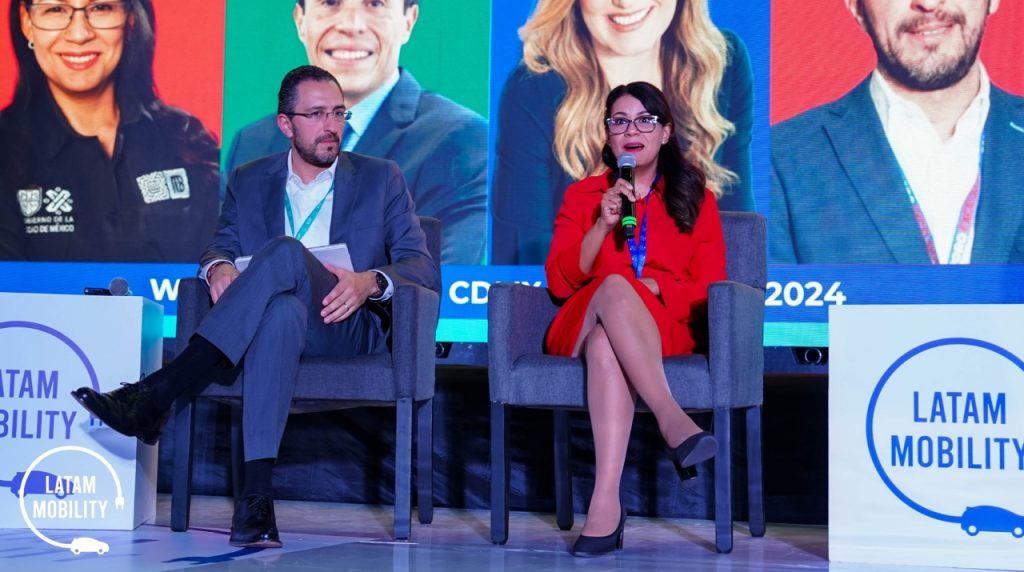
“The first fully electric line was Line 3, a significant challenge as it is the first corridor in the world to operate with high-entry articulated buses,” she stated.
On the other hand, the development of new technologies is essential for decarbonization, as companies like Alstom are leading the way toward creating electric trains and even hydrogen trains.
Maite Ramos, Director of Alstom Mexico, emphasized that the company has set goals to reduce its emissions by 25% by 2025 and to achieve carbon neutrality by 2050.

“Alstom designed the first hydrogen train in the world, which is already in operation in Germany and France, opening a promising outlook for its eventual implementation in Mexico,” commented the executive.
Additionally, the energy company Enel, through its Enel X Global Retail division, has highlighted the importance of the electrification of public transport in Mexico.
Rafael Burgos, representing Enel, explained that they have been working on the electrification of transport lines in Mexico City, ensuring that their focus goes beyond simply providing electricity, as they seek to guarantee that the energy powering electric vehicles is clean from its source.
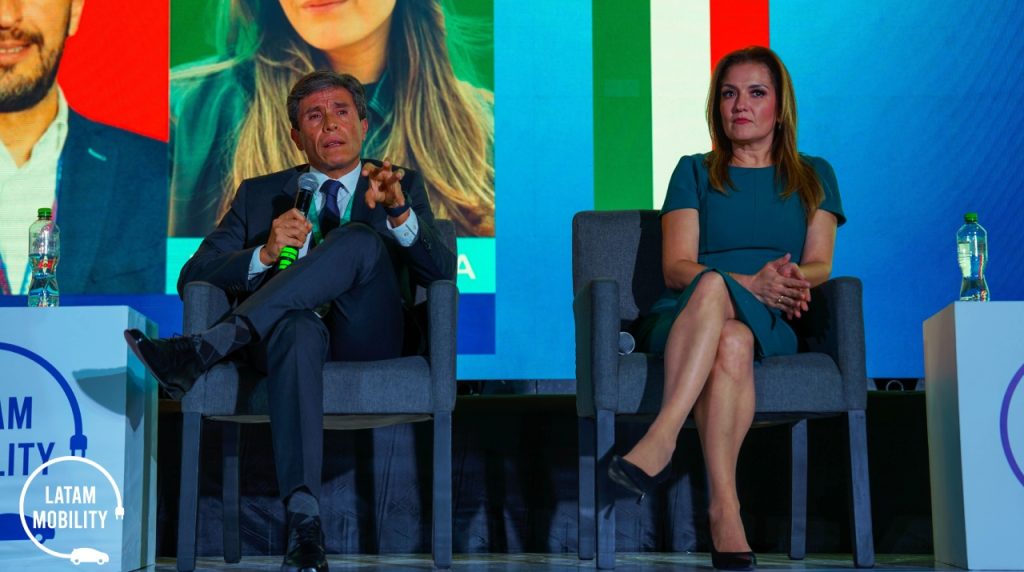
Challenges and Opportunities
In Yucatan, decentralization has favored the implementation of sustainable mobility solutions. “The state’s autonomy has allowed the professionalization of the transport sector, ensuring long-term continuity of projects, even through changes in administration,” stated Daniela Flores Ramírez.
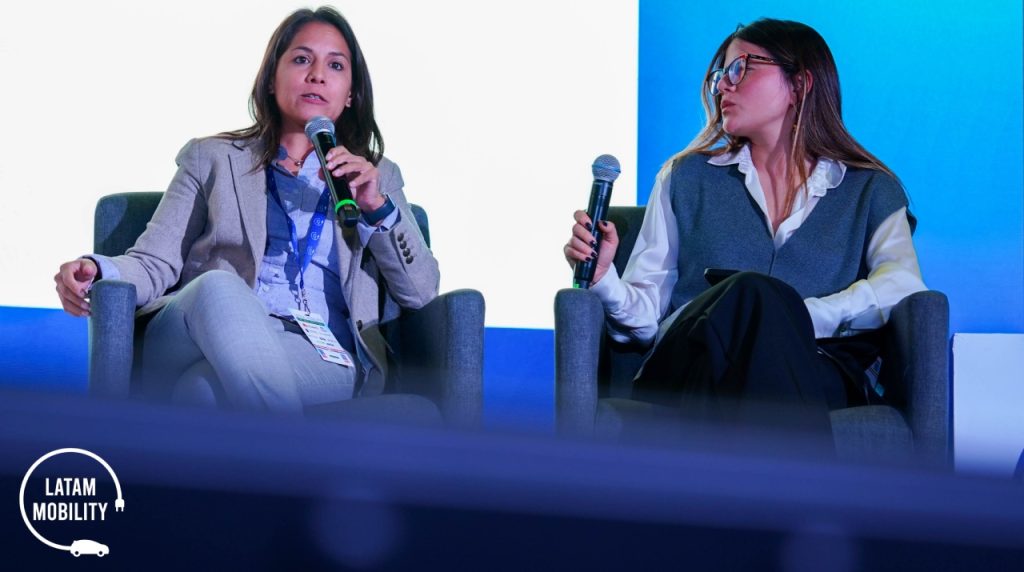
This model has instilled confidence in investors, such as companies that provide charging infrastructure, who need long-term certainty due to the scale of necessary investments.
However, the need for private companies to establish a local presence in states like Yucatan, where charging infrastructure is still insufficient, was also identified.
The Private Sector
The private sector has been fundamental in the electrification of public transport. Santiago Alanís, representing Mobility ADO, highlighted the importance of joint efforts between the public and private sectors to achieve progress in electromobility.
“ADO, a company operating in Mexico and Spain, has conducted trials with electric buses in collaboration with the government, enabling a smoother transition to the electrification of public transport,” he noted.
The experience gained in other countries has been valuable for adapting solutions to Mexico’s reality. “ADO collaborated on the electrification of the bus system in Mérida, demonstrating that experience and technical knowledge are essential to ensure the success of these projects,” concluded Alanís.
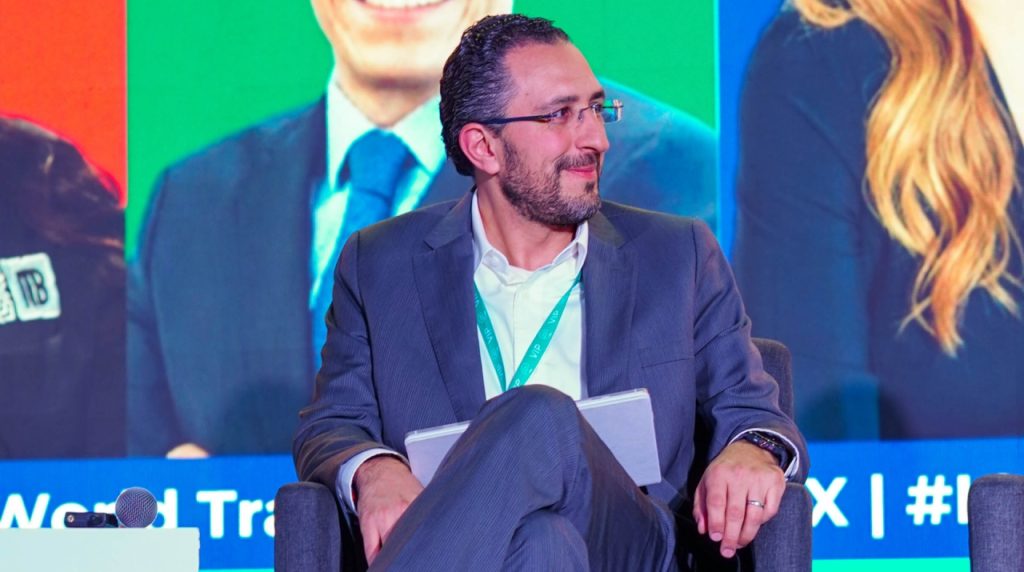
Finally, after each panelist’s intervention, all agreed that the decarbonization of public transport in Mexico is a complex challenge that requires collaboration between the public sector, private sector, and civil society.
However, the road is full of challenges, including the need for adequate charging infrastructure, the development of coherent public policies across the country, and the creation of sustainable financial models to support these transitions.
Only the will and commitment of all the actors involved will be key to achieving a cleaner and more efficient future in urban mobility in Mexico.





